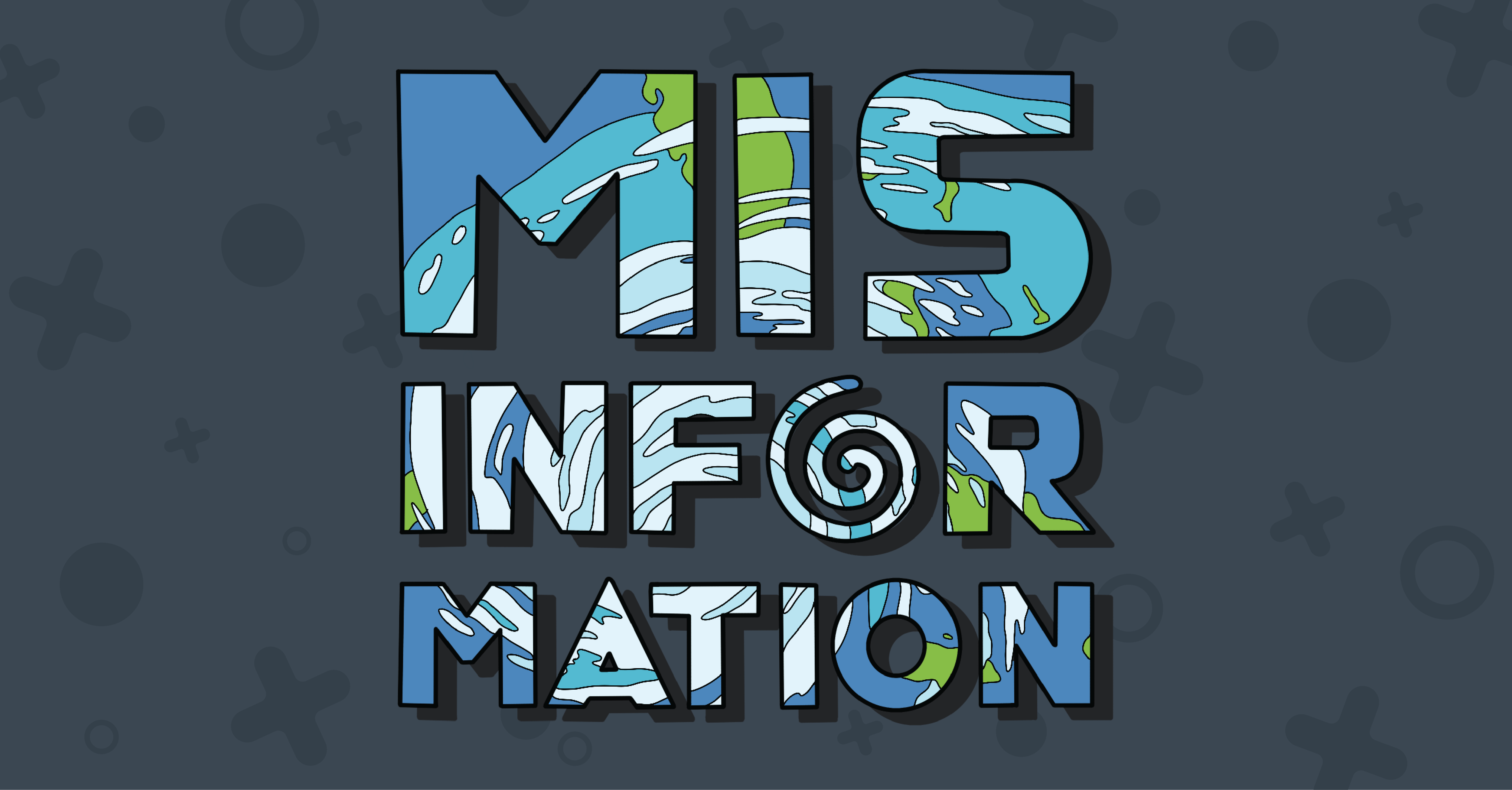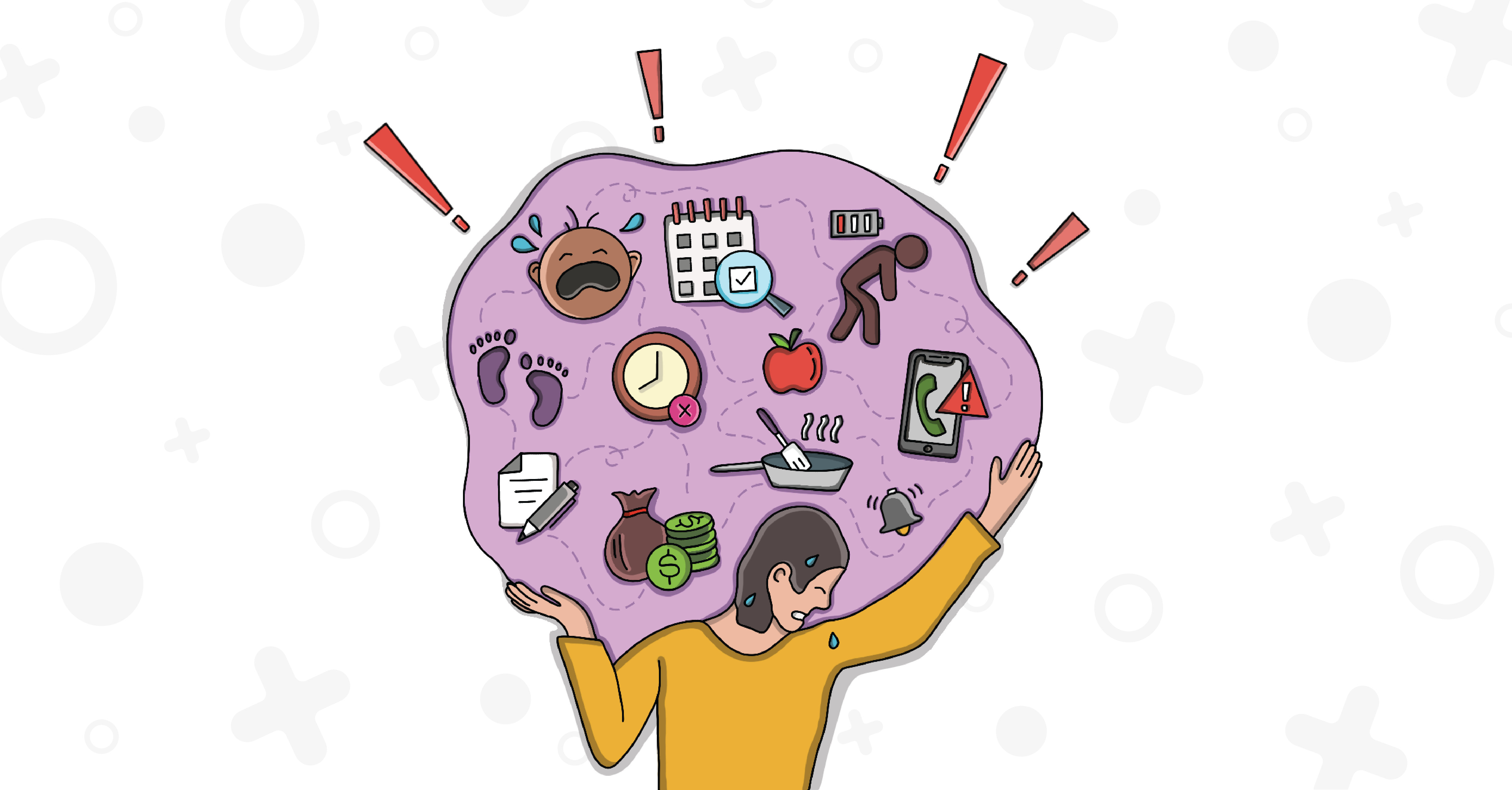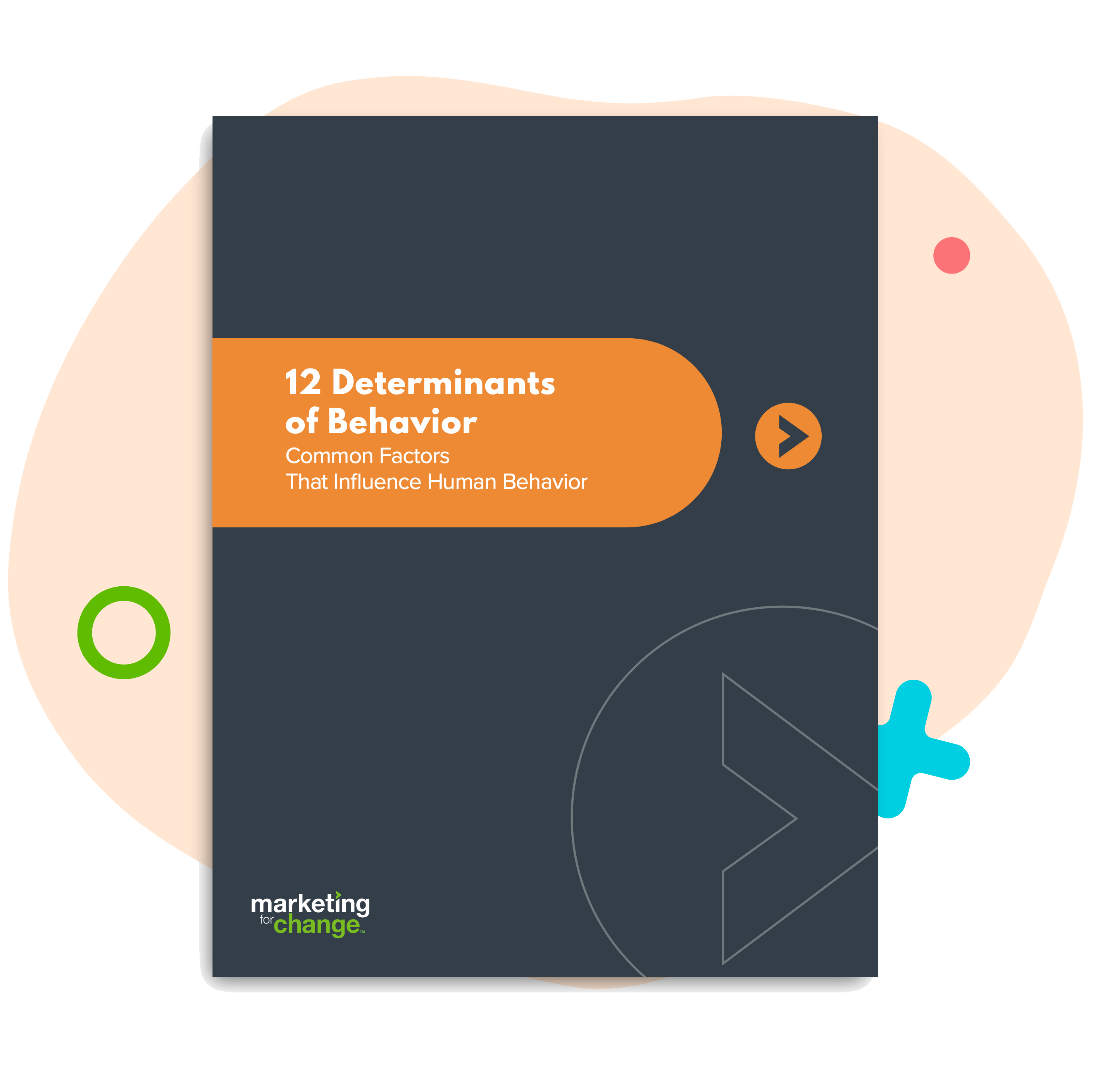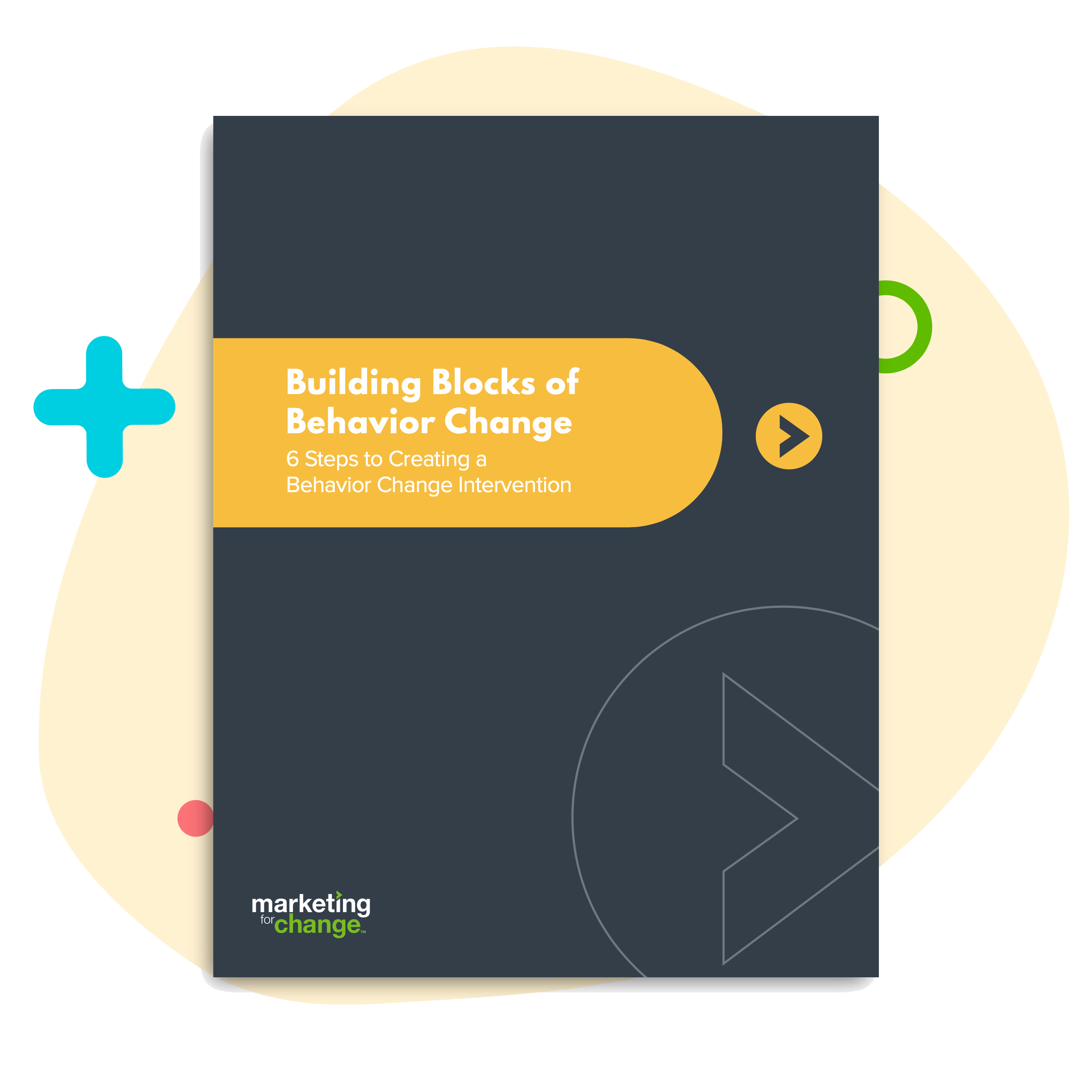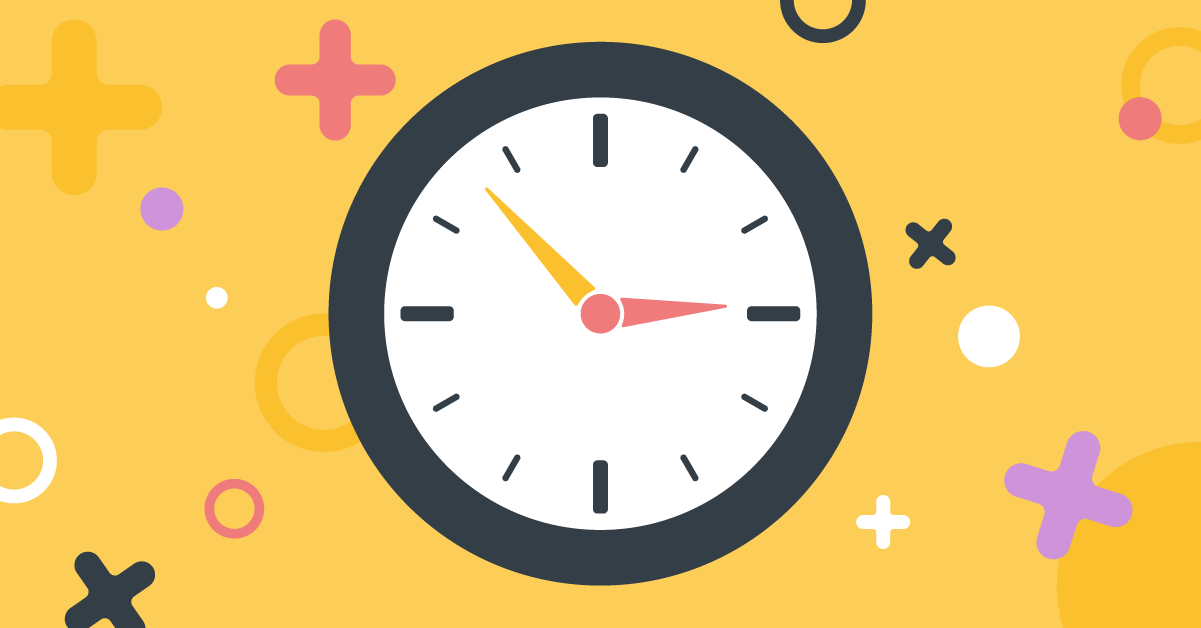
Want to Change Behavior? The Clock is Ticking
Ashley Whillans has found it — the missing ingredient. A behavioral scientist and assistant professor at Harvard Business School, Whillans’s research has uncovered a key component of behavioral interventions that has long been overlooked: getting smarter about how we value time.Time is, after all, our most finite resource. Once we lose it we can never get it back. After years of researching how people value time (or fail to) — and talking with everyone from Danish billionaires to single American moms to women making $5 a day in the slums of Nairobi — Whillans has written Time Smart, a book about how changing the way we think about time can make our personal lives richer and our behavior change interventions more effective. Here are three top insights from that research.
Time is MORE than money
The monetizing of time is deeply ingrained in our collective psyche. Benjamin Franklin famously warned against idleness in a 1748 essay that admonished young tradesmen to “remember that time is money.”
But the social censure against “wasting” time when you could instead be earning money has created an opposite problem: overvaluing money and undervaluing time. This is exacerbated by the fact that the value of money — for example, saving 10 cents on a gallon on gas or $200 on a plane flight (back when air travel was a more routine affair) — is easier to quantify than the 20 minutes it took to drive to an out-of-the-way gas station or the four-hour stopover that meant getting home late and missing dinner with your kids.
As a result, this overvaluing of money and undervaluing of time leads us to make choices that have a proven negative impact on our quality of life, such as accepting a long commute as a tradeoff for a higher paying job, even though research shows that longer commute times are associated with lower job and leisure time satisfaction and poorer mental health.
However, a major problem with undervaluing time is how this leads us to waste it.
Top ways we waste time
Did you know there’s an 80% chance that you are poor? Time poor, that is. Whillans notes that in the U.S. and other developed countries, time poverty — that crushing sense of too much to do and not enough time to do it — is at an all-time high. And it is hurting our mental and physical health and generally making us miserable.
And yes, the amount of time Americans spend working is one reason for that. This obsession with work and making money is a key “time trap” that Whillans outlines in her book. Other time traps include:
- Allowing constant interruptions from technology to fragment our work and leisure time into “time confetti” that is less productive, less pleasurable and more stressful.
- Valuing busyness as a status symbol, which leads us to deprioritize downtime and makes us too likely to say “yes” to additional commitments when we should say “no.”
- Our aversion to idleness, which keeps us from embracing mindfulness and its proven power to improve well-being. (My favorite evidence of this aversion is the students who chose to give themselves an electric shock rather than spend 15 minutes alone in a room with nothing to do).
OK, so current social structures (and, as a result, our mistaken beliefs about what will make us happy) conspire to keep us time poor. But we can fight back. The main way to address time poverty? Choosing time affluence. Whillans suggests that first, you keep a time diary, paying attention both to how you spend your time and how it makes you feel — and then jettisoning any optional activity you do not love (including mindless social media scrolling that leaves you feeling drained instead of fulfilled). She also recommends buying time by spending on labor-saving services such as grocery delivery or help with house and yard work. Whillans’ research shows that outsourcing your least favorite activities leads to greater life satisfaction than spending a similar amount on stuff.
Wait, isn’t this just a bunch of whining by the well-to-do?
You are not the first person to ask that question. But properly valuing time isn’t only important for helping stressed-out white collar workers attain better work-life balance. Failing to value time also leads to poor policies and practices by governments and organizations — and missed opportunities for behavior change interventions — with outsized impacts on people with fewer means.
For example, one way our failure to value time hurts everybody, but especially underserved populations, is sludge: the red tape and unnecessary paperwork that wastes our time and shreds our dignity. Sludge by the U.S. government alone wastes an estimated 9.6 billion hours of citizens’ time a year. But as Florida’s notoriously broken unemployment system shows, sludge can also entrench poverty and exacerbate inequality by keeping people without means from accessing assistance and opportunity. Another example is the enormously complicated (though recently somewhat improved) Free Application for Federal Student Aid. One study found that simplifying the FAFSA and providing application support increased the likelihood that low-income students would go to college — which means kids without that help are missing out on the lifetime of opportunities opened up by a college degree.
Importantly, Whillans also applied her insights on the value of time to work with the nonprofit OneProsper. The organization provides rainwater harvesting technology that eliminates six to eight hours a day usually spent collecting water, freeing girls up to attend school. And then it gives the girls bicycles so they can travel to school faster (which means they can actually go). One 13-year-old ninth-grader said, “the bike has changed my life.”
As you are planning your post-pandemic life, or your next behavior change intervention, don’t forget to consider the potentially life-changing gift of time.

Sara Isaac is the agency’s chief strategist.


